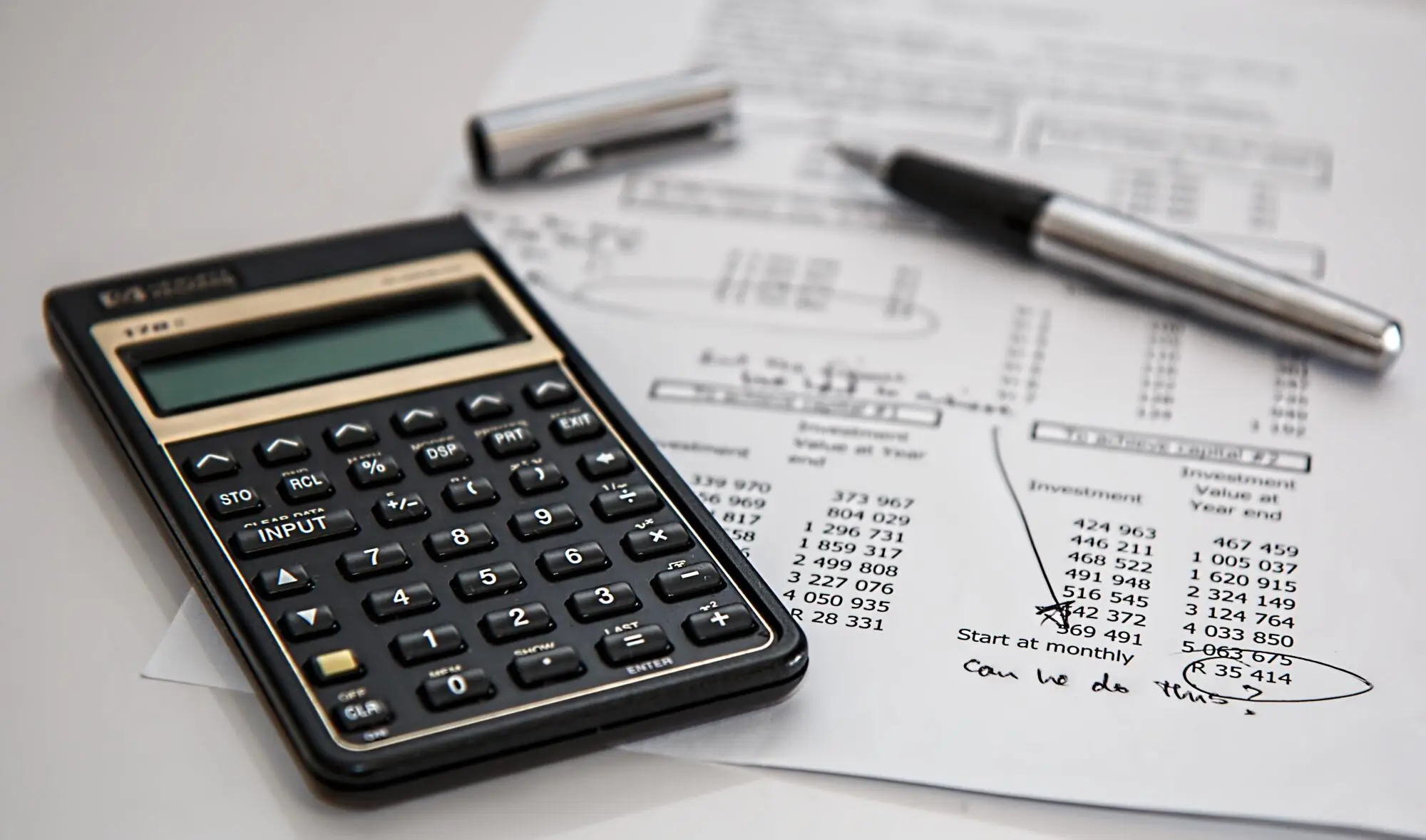Did you know that nearly 70% of New York City households rent their homes? This presents excellent opportunities for property owners but also unique financial challenges. Whether you're a seasoned landlord or just starting out, mastering rental property accounting is crucial to managing your investment successfully.
Effective accounting practices can help you stay organized and boost your profitability. They can help you effectively:
- Track income
- Manage expenses
- Follow local tax laws
In this article, we'll explore key strategies to help you take control of your finances and make the most of your rental properties.
Essential Strategies for Rental Income Tracking
Tracking rental income is key to NYC property management and rental accounting. Begin by setting up an accounting system, using:
- Basic spreadsheets
- Landlord-specific software
Automate your processes by using online tools. Services like PayPal or Venmo streamline transactions and provide automatic records. Accurately record income to avoid missed revenue and inaccurate financial reporting.
Review your income flow regularly to identify any patterns or anomalies.
Effective Management of Rental Expenses
Just as vital as tracking your income is managing your rental expenses. From maintenance costs to utilities, knowing where your money goes is crucial. Here are some tips to get started:
Keep Detailed Records
Keep receipts and invoices for all property-related expenses. This is essential during tax season, especially when claiming property tax deductions.
Budget Wisely
Create a detailed budget that outlines expected costs. Regularly compare your actual expenditures against your budget and adjust as necessary.
Regularly review service provider contracts. Negotiating maintenance or utility costs can lead to significant savings over time.
Tips for Tax Season and Financial Planning
As a landlord, understanding the intricacies of taxes can significantly impact your bottom line. Take a look at the following landlord financial tips:
Claim Depreciation on Your Properties
Because real estate usually loses value over time, you can deduct part of this loss from your taxes to lower your taxable income. This approach allows you to account for wear and tear over the life of the property.
Deduct Management Fees
Fees paid to accountants or property managers are usually tax-deductible. This includes management services and tax assistance, which can add to savings in the long run.
Explore Property Tax Deductions
Specific local tax laws may offer deductions or credits for landlords. Familiarize yourself with NYC-specific tax regulations that could benefit your financial strategy. Consult a tax professional who can offer advice tailored to your finances and local laws.
Manage Rental Expenses
Rental expense management involves organizing receipts and invoices. Documenting repairs, maintenance, and improvements simplifies financial reporting and keeps you informed.
Maximizing Your Rental Property Accounting Success
Good rental property accounting is more than staying organized. Tracking income, managing expenses, and using tax benefits can improve your finances and help you succeed in the long run.
Manage your property investments with PMI New York City's full-service approach and real-time updates. Whether you own residential or commercial properties, our team uses advanced technology for easy tenant management, maintenance, and financial tracking. Contact us today to see how we can help increase your profits and protect your investment!


